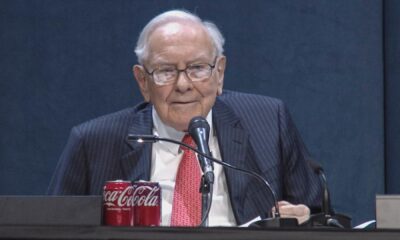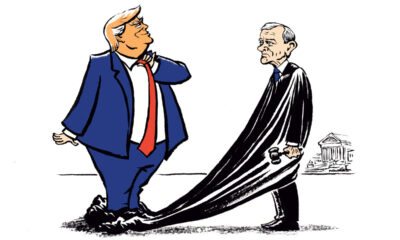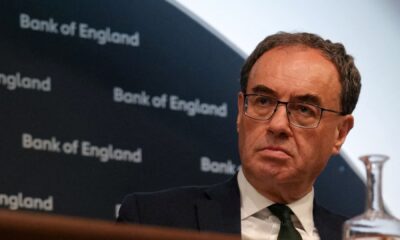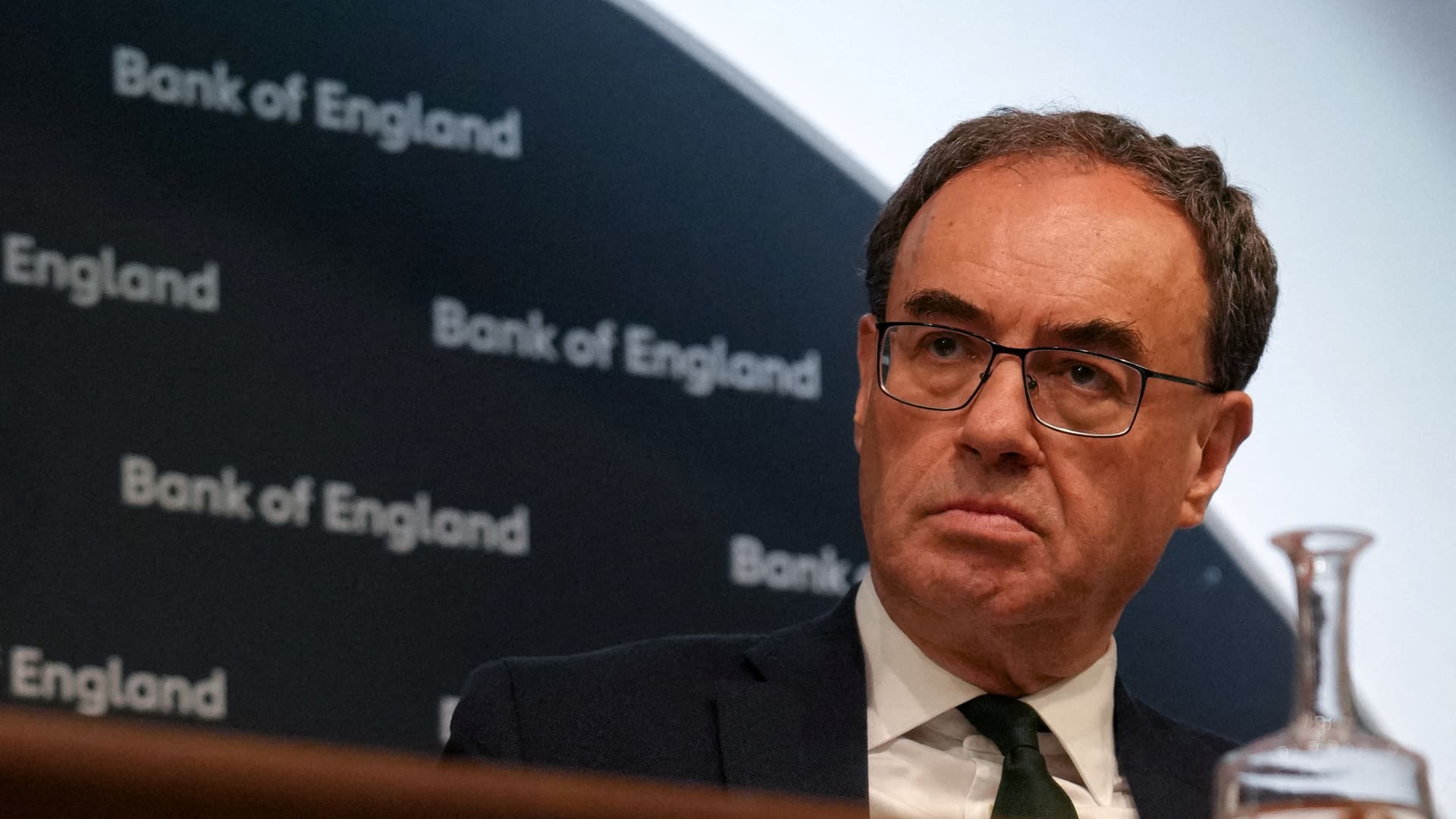Activity in the U.S. services industry accelerated in December but brought with it a sharp rise in expectations for price increases as businesses grew concerned about the impact tariffs would have on inflation.
The Institute for Supply Management’s services index Tuesday posted a reading of 54.1%, representing the share of businesses expecting growth. That was up 2 percentage points from November and better than the Dow Jones survey of economists showing a consensus forecast of 53.4%.
Along with the better overall reading, the prices index jumped to 64.4%, an increase of 6.2 points or more than 10%. It was the first time the index had eclipsed 60% since January 2024, said Steve Miller, chair of ISM’s Business Survey Committee. The prices index hit its highest level since February 2023.
“There was general optimism expressed across many industries, but tariff concerns elicited the most panelist comments,” Miller said.
President-elect Donald Trump has vowed to enact sweeping tariffs after he takes office later this month. Trump on Monday denied a Washington Post report that he was considering a narrower, more targeted approach.
The ISM manufacturing survey for the month also reflected higher prices, with the index rising to 52.5%, up 2.2 points on the month.
Treasury yields, particularly at the longer-dated end of the curve, moved higher following the release. The benchmark 10-year note most recently yielded 4.68%, up .065 percentage point, or 6.5 basis points, on the session.
In the services survey, multiple respondents cited tariffs as a concern while noting a generally positive business climate wrapping up 2024.
“Seems to be a lot of uncertainty about tariffs and purchasing decisions. A lot of wait and see,” said one respondent in the transportation and warehousing industry.
“Generally optimistic that the incoming administration will positively affect regulatory, tax and energy policies that will spur economic improvement. We are concerned about tariff activity and are hoping for the best,” an information services industry manager reported.
The business activity index also moved higher, rising to 58.2%, an increase of 4.5 points.
Employment was little changed at 51.4%; in the ISM manufacturing survey, the index fell to 45.3%, a decline of 2.8 points. Any reading in the ISM surveys below 50% represents contraction.
Readings on inflation and employment conditions are critical for the Federal Reserve as it contemplates future moves in monetary policy. The central bank lowered its benchmark borrowing rate by a full percentage point from September through December in 2024 but is expected to move at a more cautious pace now as it evaluates incoming economic data.
A separate report Tuesday indicated that job openings nudged higher in November while fewer workers left their jobs.
The Labor Department’s Job Openings and Labor Turnover Survey showed available positions rising to 8.1 million, an increase of 259,000 for the month and higher than the 7.7 million estimate from Dow Jones. At the same time, quits fell to 3.06 million, a decline of 218,000.
The level of job openings to available workers held around 1.1 to 1.

 Finance7 days ago
Finance7 days ago
 Finance1 week ago
Finance1 week ago
 Economics1 week ago
Economics1 week ago
 Personal Finance1 week ago
Personal Finance1 week ago
 Personal Finance1 week ago
Personal Finance1 week ago
 Economics1 week ago
Economics1 week ago
 Economics1 week ago
Economics1 week ago
 Economics1 week ago
Economics1 week ago
























